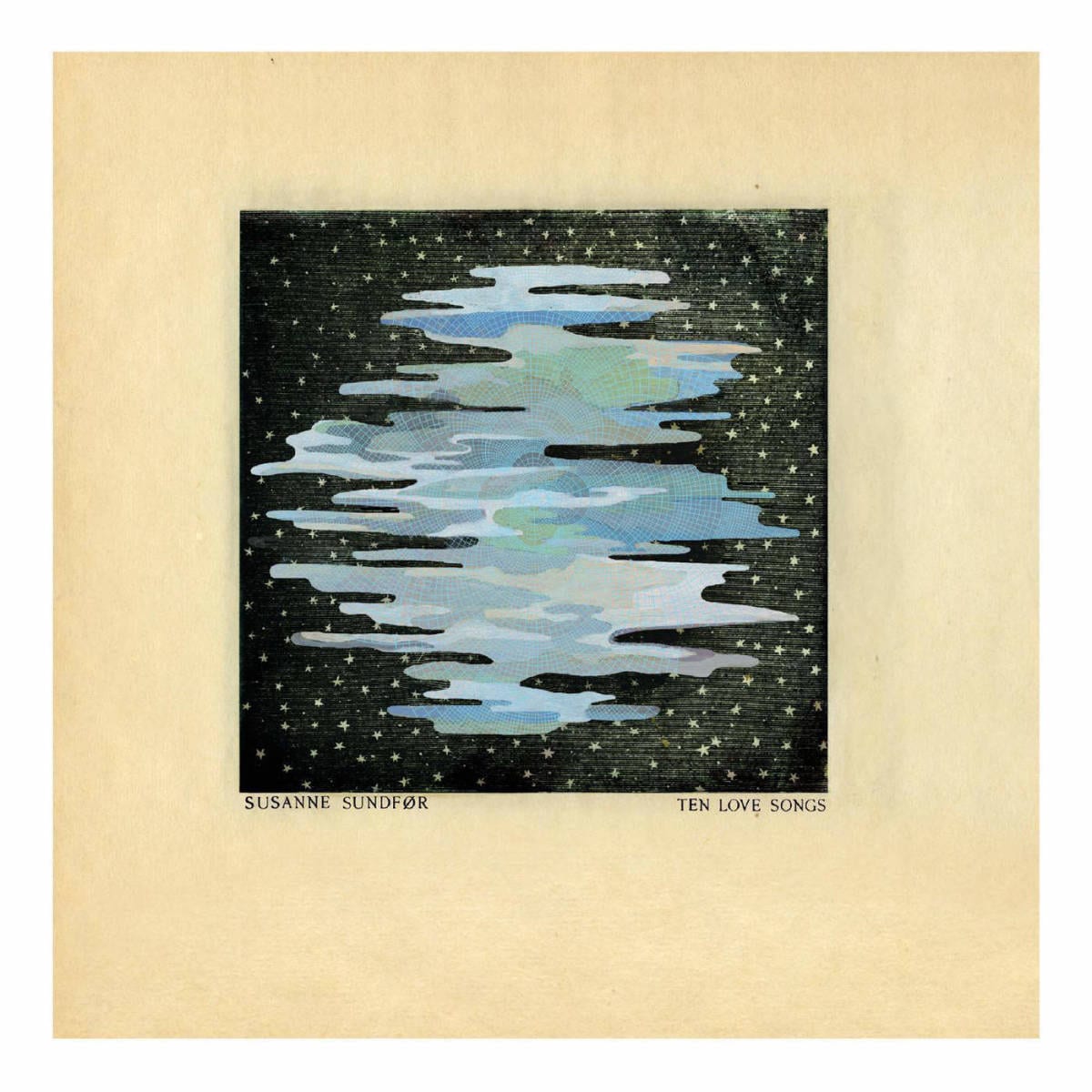Album Review: Susanne Sundfør, “Ten Love Songs”
How do you write a memorable song? What is the quality that makes a song stick to your ribs? Ask Susanne Sundfør, who has crafted another instant classic with her most recent offering, “Ten Love Songs.”
Given to unabashed lapses of grandiose instrumental features, select parts of the album have the same bravado as “Bohemian Rhapsody.” Her penchant for chamber strings is tempered with a general EDM aesthetic that blends symphonic gestures seamlessly into a pop format. Her vocals sound at times distinctly Norwegian — like The Knife’s Karin Dreijer Andersson, but not as bright — and at others suggests the comfortable, casual lilt of Sheryl Crow. Having trained as a singer since childhood, she is as comfortable with feathery vocal wisping as she is with hip-hoppy melisma or angelic majesty, shifting effortlessly from a precise, florid mezzo-soprano to an earthy, almost lazy alto. With a flair for the dramatic and a capacity for widely unpredictable variety, she is established inarguably in the ranks of legendary female artists like Kate Bush, Tori Amos, Bjork, and Paula Cole.
As most of the best electronica has arguably come from Scandinavia, Sundfør has collaborated with fellow Nords Röyksopp along with European faux-80s band M83, who both participated in the production of “Ten Love Songs.” Their influence is evident throughout the album. It’s difficult, in listening to this album, to believe that this isn’t really more of a three-way collaboration than a solo effort with a small amount of genius knob-tweaking in the background. But in actuality, Sundfør is the sole producer for most of the album, and she fully occupies the limelight throughout.
“Darling” eases its way in, beginning with intimate vocals and harmonium that expand into something more church-worthy, fading away with the sound of distant handbells. This gives way to what could almost have been the ending theme to a James Bond movie, with its fuzzy, dark bass line driving through the verse and slinking into a full-on, floor-stomping, ass kicking of a chorus that gives way to a brief pipe organ toccata. It accelerates directly into “Fade Away” without pause, and the pulsing groove shifts into something a little more bouncy but loses no momentum.
“Silencer” is a melancholy, waltzy ballad sounding much like a joint effort between Nobuo Uematsu and Olivia Newton-John. The opening tritone descent evokes a ethereal strangeness that is similar to the piano works of Erik Satie but with a creepy sparkle that might be more closely associated with a Danny Elfman score to a Tim Burton movie.
Heartbreak is plainly discussed in “Kamikaze” with a light celeste accompaniment that gives way to another pulse-oriented groove, escorted by an ear-catching portamento synth bass that carries more synth brass into some radio-friendly EDM. After a brief, somewhat cryptic harpsichord statement, which soon fades away, a chorus of Susannes introduce “Memorial,” which is largely orchestral, so much so that it wanders off completely into the realm of piano concerti and film scoring, sounding at times a bit like Philip Glass imitating Rachmaninov. It’s actually a little surreal. If you’re not really paying attention, you’re going to have a sudden “wait, what the hell is going?” moment. After a final statement of the chorus, a brief vocalise brings this expansive song to a close.
“Delirious” begins with a cloud of orchestral dissonance, each voice eventually sliding independently toward octaves, sounding like organized chaos until its resolution. At this point, the pulsing synth bass of “Fade Away” resumes, and Sundfør shows off her ability to flawlessly self-harmonize while the string section takes a backseat. As she sings, “I hope you’ve got a safety net/ Cause I’m gonna push you over the edge,” there is a definite sense of malice.
More tenderly, “Slowly” pours on the 80s nostalgia in a way that few can with an assortment of Röyksopp’s crystalline bells, pad synths, a no-nonsense drum machine, and MIDI tom-tom embellishments that would make Mick Fleetwood smile in approval. Compositionally, it’s nice to hear that some songwriters still know how to use modulation effectively to take a song from the realm of the mediocre or the mundane and elevate it to true sublimity.
“Trust Me” brings back the harmonium with the a somber, gospeltine folk aesthetic worthy of Mazzy Star’s Hope Sandoval. Refusing to end on a low note, “Insects” enters with the most aggressive electronic production seen on this album, almost in imitation of Depeche Mode in its blackness. It’s an interesting final “love song.”
If you’ve never heard of Susanne Sundfør, I’ve done you a favor. This album is a definite must-have — but don’t necessarily prioritize this one over Sundfør’s previous albums. Her others are fantastic, and this album’s recent darker sister, “The Silicone Veil,” is at least as strong as “Ten Love Songs.” Rather, this is one of several of her recordings that deserve a permanent place in your musical library




